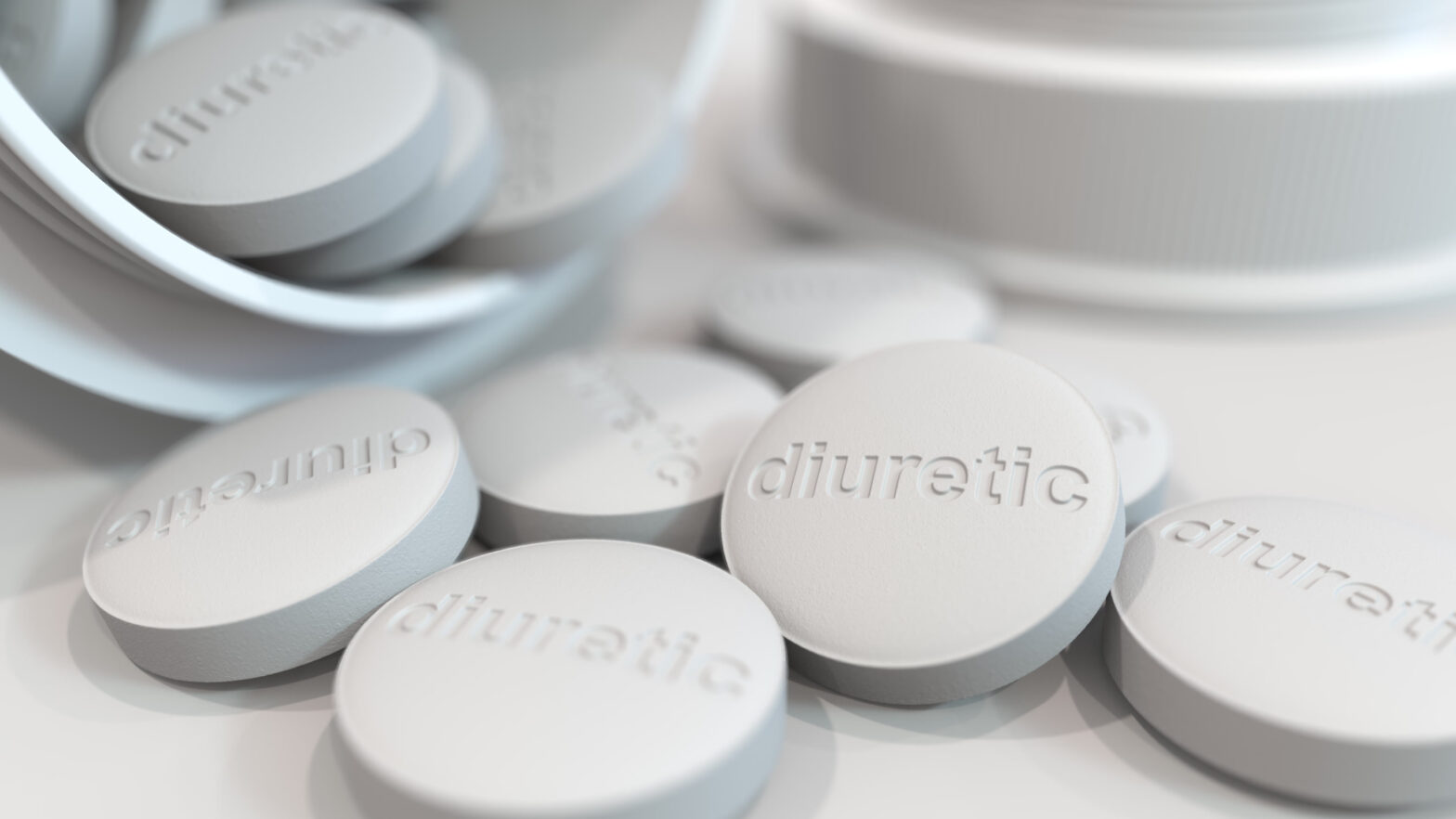Are you interested in knowing what the common side effects of diuretics are? If so, you are in the right place. Let’s get right to it.
READ ALSO: Dangers of Drinking Boost Today in 2025 & More
Table of Contents
READ ALSO: Unveiling the Truth About 4 MCT Oil Side Effects: Separating Fact from Fiction
Diuretics are medications that are commonly used to treat conditions such as high blood pressure, heart failure, and edema. They work by increasing the amount of urine that is produced, which helps to eliminate excess fluid and salt from the body.
While diuretics are generally safe and effective, they can also cause side effects.
In this blog post, I will explore the most common side effects of diuretics and what you can do to manage them.
READ ALSO: Exploring 7 Coffee Side Effects: The Jitters, Bloody Sleepless Nights, and More
Side Effects of Diuretics #1: Dehydration
Dehydration is one of the most common side effects of diuretics. As these medications increase urine production, they can cause a loss of water and electrolytes in the body.
Mild dehydration can cause symptoms such as thirst, dry mouth, and fatigue, while severe dehydration can lead to more serious complications such as low blood pressure, kidney damage, and heat stroke.
To prevent dehydration while taking diuretics, it is important to drink plenty of fluids. This can include water, juice, and sports drinks that contain electrolytes such as sodium and potassium.
You may also need to monitor your fluid intake and avoid beverages that can increase urine production, such as coffee and alcohol.
READ ALSO: 8 Potential Yohimbe Side Effects You Might Suffer
Negative Effects of Diuretics #2: Electrolyte Imbalances
Another common side effect of diuretics is electrolyte imbalances. As mentioned earlier, electrolytes such as sodium and potassium are essential for proper body functioning. However, diuretics can cause a loss of these minerals in the body, which can lead to a range of symptoms.
Low levels of potassium, for example, can cause muscle weakness, cramps, and irregular heartbeats. On the other hand, low levels of sodium can cause confusion, seizures, and coma. In severe cases, electrolyte imbalances can be life-threatening.
To manage electrolyte imbalances, your doctor may recommend that you take supplements or modify your diet.
Foods that are rich in potassium include bananas, avocados, spinach, and sweet potatoes. Foods that are high in sodium include processed foods, canned foods, and salty snacks. By adjusting your diet, you can help to maintain normal levels of electrolytes in your body.
What Are the Side Effects of a Diuretic? #3: Increased Urination
One of the expected effects of diuretics is increased urination.
This can be inconvenient and disruptive to daily routines, especially if you need to wake up frequently during the night to use the bathroom. However, the increased urination is necessary to remove excess fluid and salt from the body.
To manage the increased urination, it is important to plan ahead. For example, if you know that you will be traveling or attending an event, you may need to limit your fluid intake in advance. You may also need to use the bathroom more frequently during the day to avoid having to wake up at night.
Blood Sugar Changes
Some diuretics can affect blood sugar levels, especially in people with diabetes. Thiazide diuretics, for example, have been shown to increase blood sugar levels and reduce insulin sensitivity in some people. This can make it more difficult to manage blood sugar levels and may require adjustments to diabetes medications.
Photo Credits: Rush Memorial Hospital
